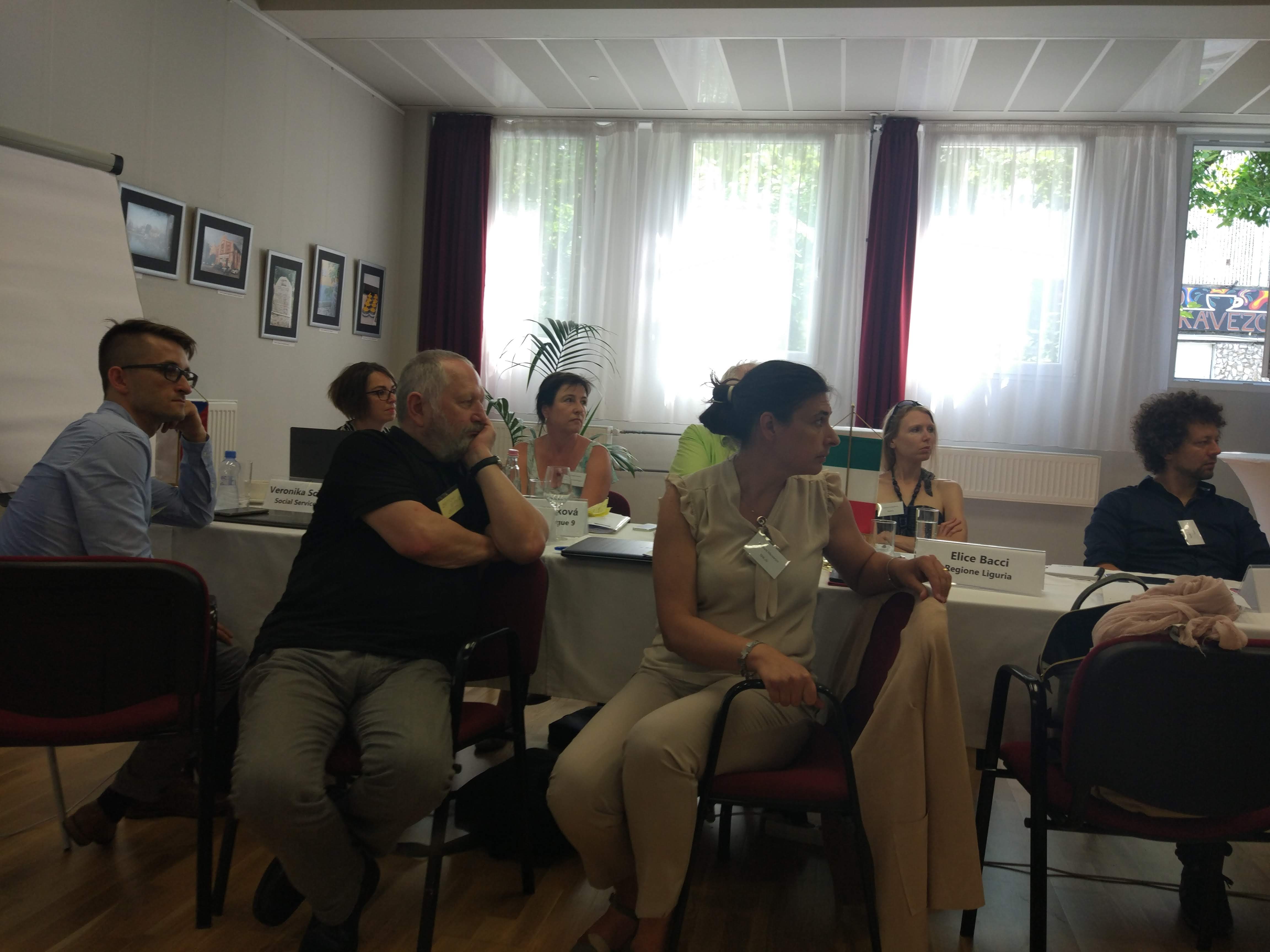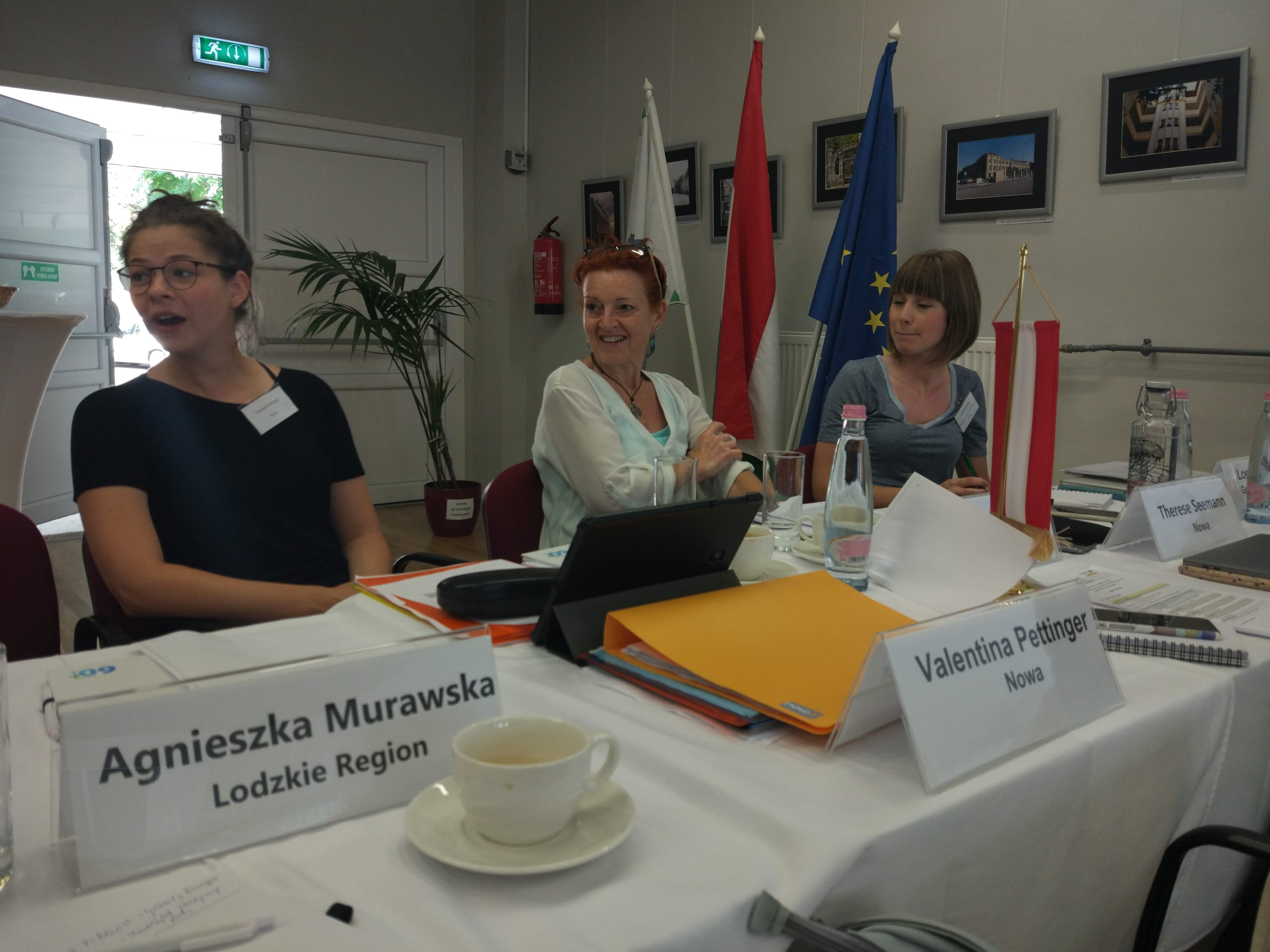I-CARE-SMART on board !
27-28 of June 2019, Budapest, Hungary
It is not without reason that in recent years there has been so much talk about old age, active ageing and the necessary changes in the socio-economic area. The ageing of the EU's population is and will remain one of the most important challenges for the development of the Member States. The international project "Innovative ecosystem for smart care for the elderly" (I-CARE-SMART) is part of this trend of support for older people.
The aim of the I-CARE-SMART project is to build and strengthen cooperation with organisations that are able to provide state-of-the-art technology in health care and social care for the elderly.
The first meeting of the project took place on 27-28 June 2019 in Budapest (Hungary). (I-CARE-SMART) co-financed by the Interreg Central Europe programme. The implementation of the project started on 1 May 2019. Project is prepared in cooperation with with regional institutions, responsible for the implementation of active social policy measures and support for older people, the project responds to the region's challenges regarding an ageing population and insufficient provision for senior citizens.
The subject of the first meeting, organized by the Project Leader - Újbuda Municipality, was to agree on organizational and financial issues, including the establishment of a steering committee, planning promotion and information activities, agreeing on the division of responsibilities among project partners. The participants of the event were representatives of partner units from 7 European countries (Hungary, Poland, Slovakia, Italy, Czech Republic, Germany, Austria).
I-CARE-SMART will enable partnerships to be established between public authorities, universities, businesses, carers and carers. The project will contribute to the development of effective solutions to respond to the unmet needs of older people in the area of health care and social assistance. Older people, often also lonely and disabled, need specialist support. Existing solutions such as electronic exchange of patient data, e-health, life monitoring wristbands, fall sensors and medical equipment do not allow for a complete improvement in the quality of life of older people and for meeting all the health needs of these people. That is why it is so important to adapt the offer of services dedicated to seniors. The project partners and stakeholders will assess the feasibility of new solutions and propose measures for their implementation by the social and health care system.


